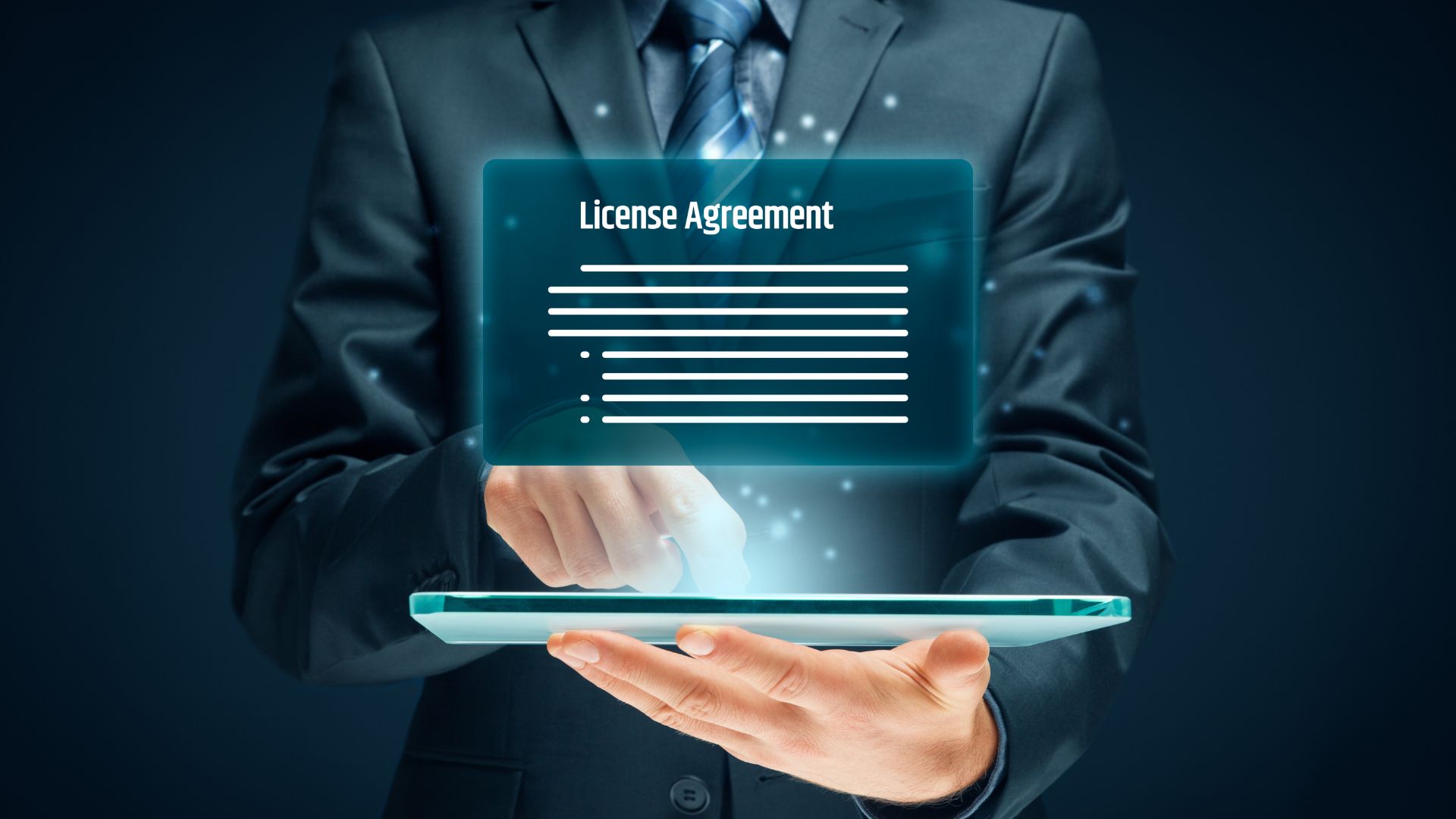Licensing agreements play a central role in the development of intellectual property. Whether for patents, software, trademarks or know-how, this type of agreement provides a framework for the exploitation of often strategic rights. But in an international context, the slightest inaccuracy in translation can have major legal or commercial consequences.
So how do you secure your licensing contracts abroad? The answer can be summed up in one word: expertise.
Why the legal translation of your license agreements is crucial
A poorly translated license agreement can lead to much more than a simple misunderstanding. It can :
- Exposing your company to cross-border litigation,
- Obstructing a foreign registration procedure,
- Weaken your rights in a commercial dispute,
- Be rejected by an administrative or tax authority.
When your document has to be produced before a foreign court or examined by a regulatory body, translation becomes a lever for compliance and legal certainty. It must reflect both the intention of the parties and the terminology in use in the target jurisdiction.
Legal and technical issues not to be underestimated
Translating a license agreement involves :
- Precise terminology related to intellectual property law: exclusivity, royalties, territorial scope, sublicensing, assignability, etc.
- Understanding the legal systems involved: common law, continental law, hybrid law.
- Controlling sensitive clauses: duration, renewal, non-circumvention, liability, early termination.
A common example: the term "royalty-free" does not mean "free", but that there are no periodic royalties - a mistranslation here can transform the financial balance of the contract.
Case study: a contract examined in the context of a tax dispute
For example, a French company grants an exclusive operating license to a Canadian-based company. During a tax audit, the Canadian authorities require a full translation of the contract in order to evaluate the financial flows.
An inaccurate translation could result in :
- Reclassification of revenues (commercial royalties vs. provision of services),
- Theapplication of an unfavorable tax regime,
- Financial penalties for lack of transparency.
In this type of case, the only way to avoid the risk of rectification or protracted litigation is to ensure that the legal translation is properly mastered.
Why entrust this task to a specialized legal translator?
Translating a legal contract is not something you can improvise. It's not just a matter of knowing the source and target languages. It requires :
- A legal background, particularly in contract law and intellectual property,
- Understand the customer's business issues,
- Master the normative references and terms used in the two legal systems.
A legal translator will not only faithfully render the text, but also prevent misinterpretation and suggest suitable equivalents when exact transposition is not possible.
Human translation or AI? A strategicegy
The rise of machine translation may seem tempting. However, on a document as sensitive as a :
- An AI can't tell the difference between a mandatory and a potestative clause.
- It does not check the legal consistency of the text.
- It does not take into account the legal implications of each formulation.
Specialized human post-editing is therefore essential to validate any translation generated by a tool.
When do you need an expert translation??
Here are just a few of the situations in which an expert translation of a license agreement is indispensable:
- Signature of an international partnership,
- Filing the contract with a government or customs agency,
- Presentation of the contract in legal or arbitration proceedings,
- Audit or control by a foreign tax authority,
- Merger or transfer of rights.
In all these cases, a poor translation cannot be corrected once the document has been sent. So it's essential tothink ahead.
Entrust your licensing contracts to legal experts
You wouldn't entrust the drafting of a license agreement to someone who didn't master the law. The same goes for translating it.
At Legal 230, we work with professional translators, trained in law and experts in their field, to guarantee :
- An accurate and legally reliable translation,
- Terminology in line with industry standards,
- Responsive, confidential support tailored to your needs.
👉 Need a legal translation of your license agreement? Contact our team today.

